Reporters of Nghe An Newspaper, Radio and Television had an interview with economic expert Nguyen Hoang Dung - Chairman of the Board of Directors of Leadership Training and Sustainable Development Services Company Limited, former Deputy Head of the Faculty of Finance - Accounting - Banking, Ho Chi Minh City University of Industry and Trade about this field.
Need to quickly remove difficulties in terms of land
Reporter: Mr. Nguyen Hoang Dung, from a research perspective , can you share any breakthrough solutions to quickly resolve business premises problems, especially in the context of increasing FDI attraction?

Mr. Nguyen Hoang Dung: In addition to legal, management, technological issues, and lack of quality human resources, the biggest challenge facing the business community today is the lack of production and business premises. This is an urgent issue that needs to be resolved soon to create conditions for the private economy to develop according to Resolution No. 68-NQ/TW dated May 4, 2025 of the Politburo . To resolve the problem of premises for businesses, especially in the context of increasing FDI attraction, I would like to propose the following solutions:
Firstly, it is necessary to continue promoting the development of industrial park and industrial cluster infrastructure with full infrastructure of transportation, electricity, water, telecommunications, wastewater treatment, etc. This not only attracts FDI but also creates favorable conditions for domestic enterprises to access production and business premises at reasonable costs. In particular, focus on developing specialized industrial parks and ecological industrial parks to meet the diverse needs of investors. From there, attract many large-scale projects, promote production, create jobs, increase economic growth, and improve local competitiveness.
Second, it is necessary to make the licensing, land allocation and land leasing processes transparent, focus on reviewing and simplifying administrative procedures related to land, publicizing land use planning, land prices, information on industrial parks and industrial clusters. Build an electronic land information system to ensure transparency, easy searching and monitoring. Innovate more promptly and comprehensively in land allocation, land leasing and land use purpose conversion to ensure the rights of subjects and in accordance with the market mechanism, according to the 2024 Land Law. This helps businesses, including FDI enterprises, access information quickly, saving time and costs.
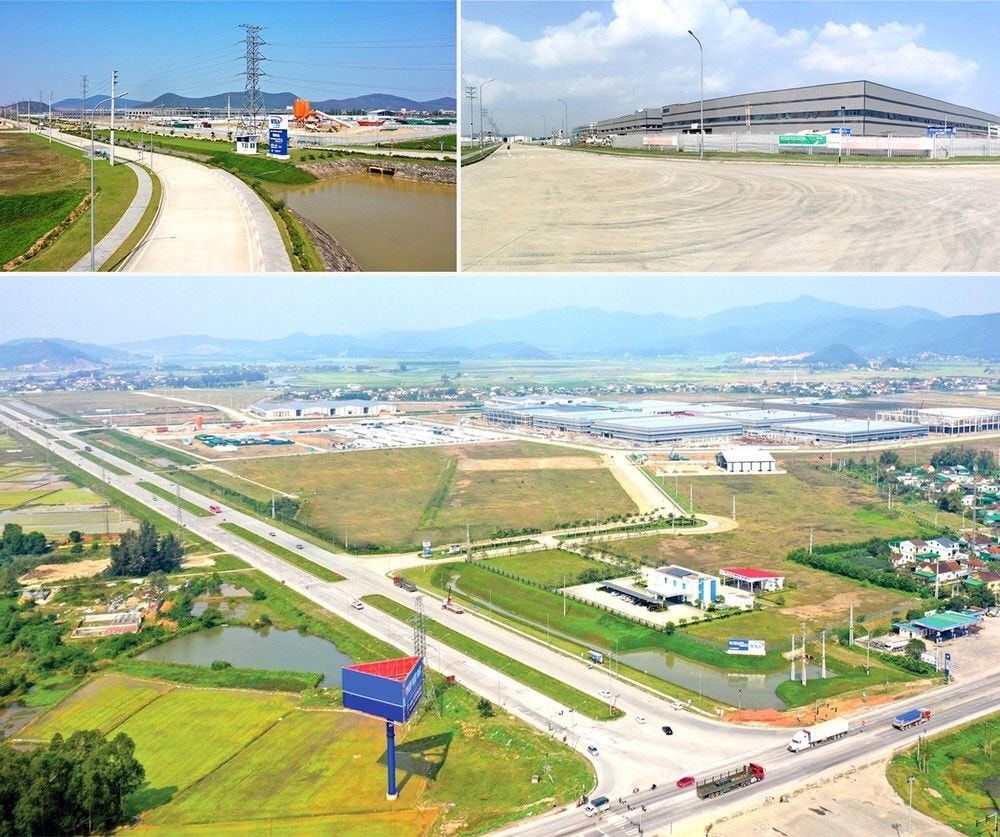
Third, strengthen management and effective use of land, overcome limitations, rectify the situation of misuse and waste of land resources. Resolutely and strictly handle cases of misuse, waste and ineffective use of land. In my opinion, it is necessary to reclaim land for projects that are slow to implement, behind schedule, encourage enterprises to use land economically, apply high technology to improve production efficiency on the same area, as well as contribute to preventing and repelling corruption, negativity, "group interests", causing loss of State assets related to land.
Fourth , diversify the form of providing premises. In addition to land leasing, it is necessary to develop other forms such as leasing pre - built factories, shared production areas, co-working spaces (shared office space) for small and medium enterprises. Currently, the use of factory leasing services is gradually becoming popular with businesses, so businesses do not have to spend time on construction, but can still start production and business immediately. This helps businesses reduce initial investment costs and be flexible in expanding the scale of production and business.
Fifth, there should be special preferential land policies for domestic enterprises, especially small and medium enterprises, start-ups, and high-tech enterprises. Priority policies may include exemptions and reductions in land rent, support for legal procedures, and creating conditions for domestic enterprises to access preferential loans to invest in building infrastructure and factories.
Sixth , promote public-private partnership (PPP), encourage private enterprises to participate in investing in developing infrastructure of industrial parks and industrial clusters in the form of PPP. With the PPP mechanism, the State will reduce the burden of having to search, arrange and allocate investment capital from the budget for infrastructure. It can be said that this is an effective solution to mobilize social resources, meeting investment needs in socio-economic development.
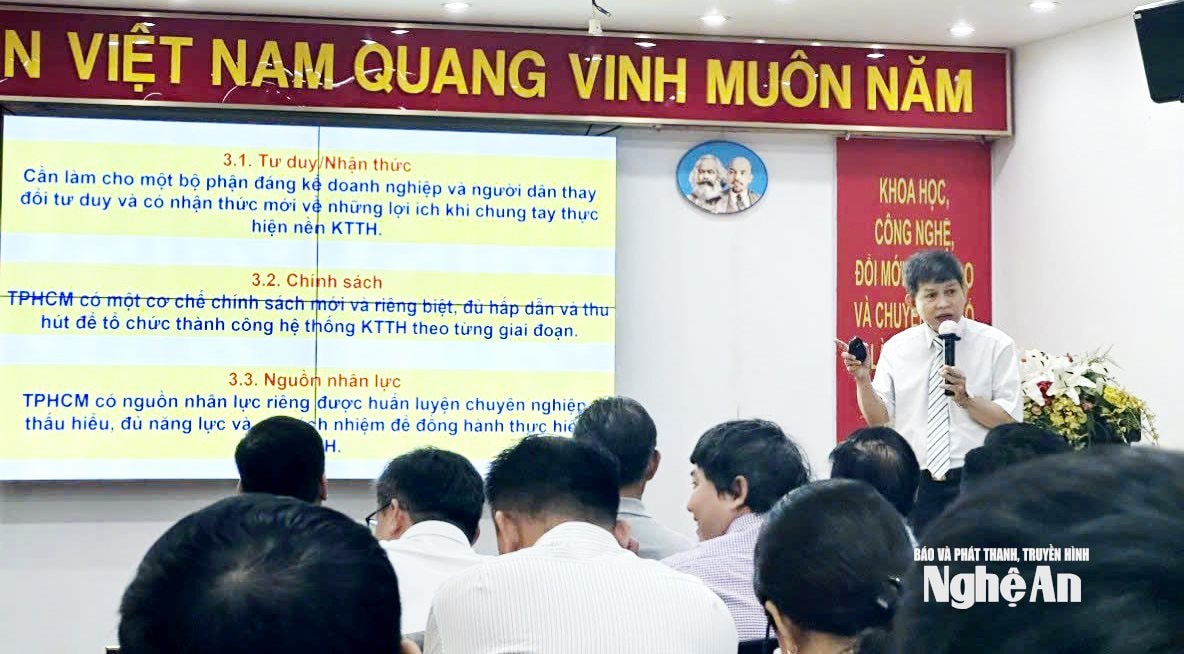
The decisive role of government
Reporter: In your opinion, how should the role of local authorities and departments and branches be promoted to ensure transparency and fairness in planning and land allocation to businesses?
Mr. Nguyen Hoang Dung: It is important to affirm that local authorities and departments play a key role in ensuring transparency and fairness in planning and land allocation to enterprises. To promote this role, in my opinion, we need to focus on the following issues:
First of all , land use planning must be public, clear, transparent, ensuring the participation of the community and businesses. Information on planning and land use plans needs to be regularly updated on electronic information portals, easy to look up, towards transparent and effective land management. This helps businesses grasp information in a timely manner, forecast needs and development orientations, as well as aim to improve the implementation of the 2024 Land Law in line with the digital transformation trend.
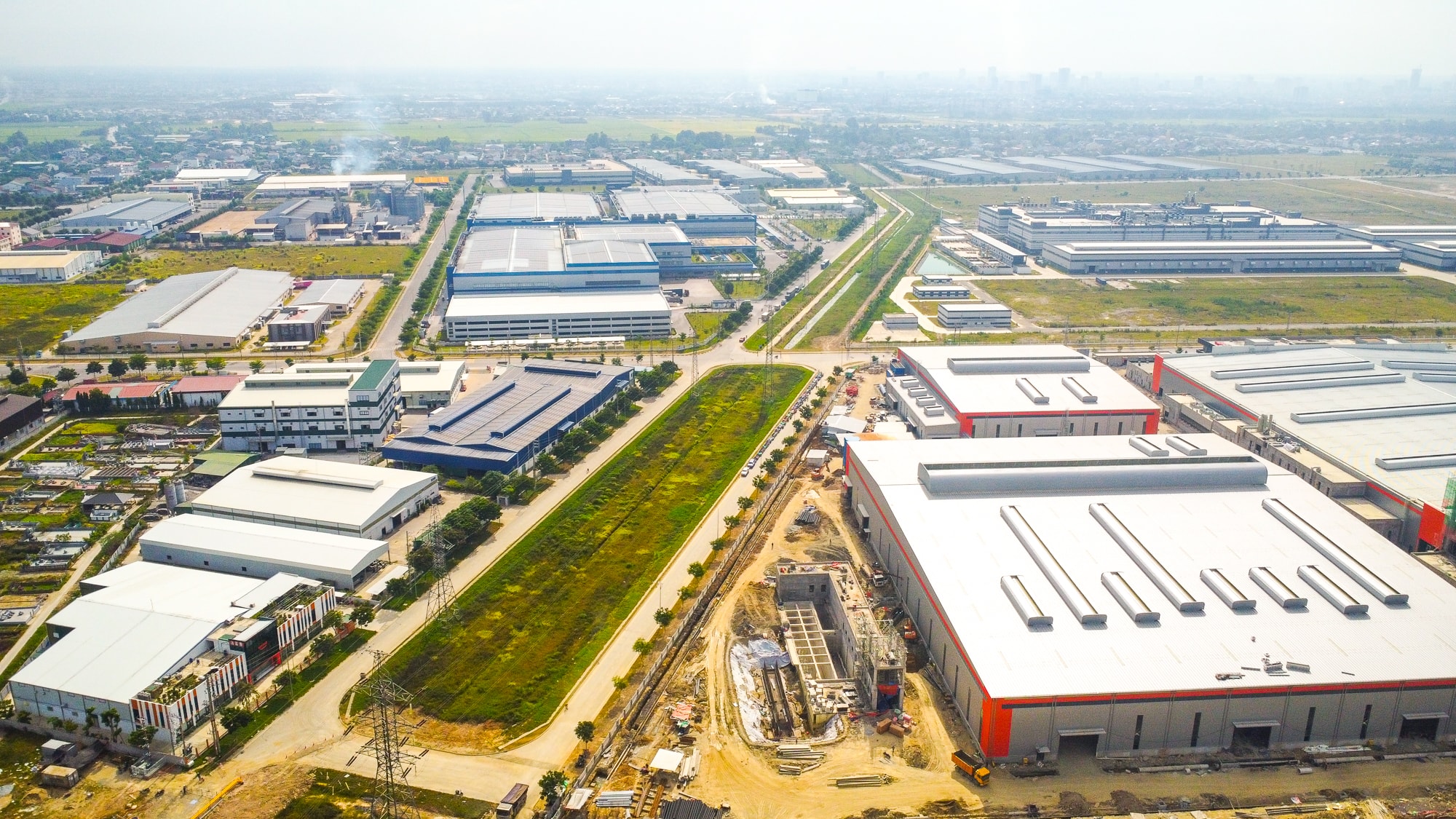
An important issue that local authorities and departments must focus on is simplifying administrative procedures. The Government issued Resolution No. 66/NQ-CP dated March 26, 2025 approving the Program to reduce and simplify administrative procedures related to production and business activities. Previously, Resolution No. 57-NQ/TW dated December 22, 2024 of the Politburo also clearly stated the requirement to "maximize administrative procedures", "comprehensively innovate the handling of administrative procedures, provide public services regardless of administrative boundaries; improve the quality of online public services, digital services for people and businesses, towards providing comprehensive, personalized and data-based online public services".
Localities need to continue reforming administrative procedures related to land, shortening the time for licensing, land allocation and land lease.
Economist Nguyen Hoang Dung
At the same time, it is to organize public and transparent land auctions: Land auctions must comply with legal regulations, be public and transparent, and ensure fair competition between businesses. Information on land auctions must be widely published and reach all interested businesses. Public auctions help determine the market value of land, thereby helping the State better manage land resources, adjust land use structure and control land funds. At the same time, it avoids monopoly and market manipulation, prevents speculation, price manipulation, and destabilizes the real estate market.
All levels and sectors need to regularly inspect and closely monitor the land use of enterprises after being allocated or leased land. Land is not only an important resource, but also an essential asset and means of production, closely linked to the process of socio-economic development and ensuring security and order.
Currently, the management and use of land, housing and land of enterprises are not really effective, especially the sale of assets on land, transfer of land use rights, capital contribution in joint ventures, associations, change of land use purpose... Therefore, it is necessary to strictly handle cases of land use for the wrong purpose, waste, slow implementation or taking advantage of policies to occupy public land for a long time...
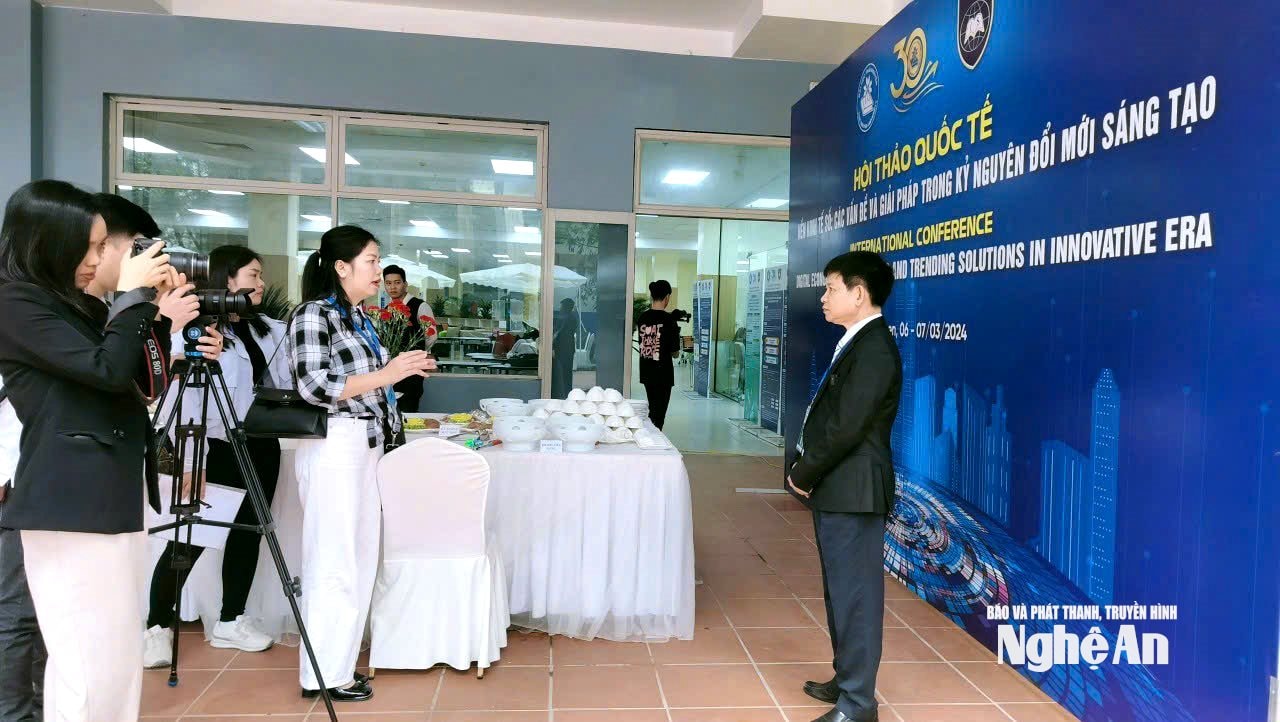
Local authorities need to establish a mechanism for regular dialogue with businesses, listen to their opinions and recommendations on land-related issues. Timely handle feedback and complaints from businesses, ensuring their legitimate rights. At the same time, build a synchronous land database system, connecting localities and industries to continuously update land use status; create appropriate support mechanisms for businesses that are truly capable and dedicated to investing.
At the same time, improve the capacity of officials, including professional knowledge, practical skills and professional ethics. Recently, a number of violations in land management and use, especially in land allocation, land lease and land use conversion, have caused public outrage, affecting the stability of security, order and the image of the investment environment. Therefore, it is necessary to strengthen training and foster professional capacity and public ethics for officials working in land management. Enhance the accountability of officials in performing their duties.
What should businesses do?
Reporter: On the other hand, what proactive measures do businesses need to take to optimize the use of existing premises and adapt to future changes , sir ?
Mr. Nguyen Hoang Dung: In addition to relying on policy solutions, businesses also need to proactively implement measures to optimize the use of existing premises and adapt to future changes. Below are 7 basic and essential recommendations for businesses themselves:
First , reassess the need for space. Enterprises need to carefully analyze the actual need for production and business space, avoiding the situation of renting or buying too much land area compared to the need, causing waste. This assessment needs to be done periodically to adjust in accordance with the development of the enterprise.
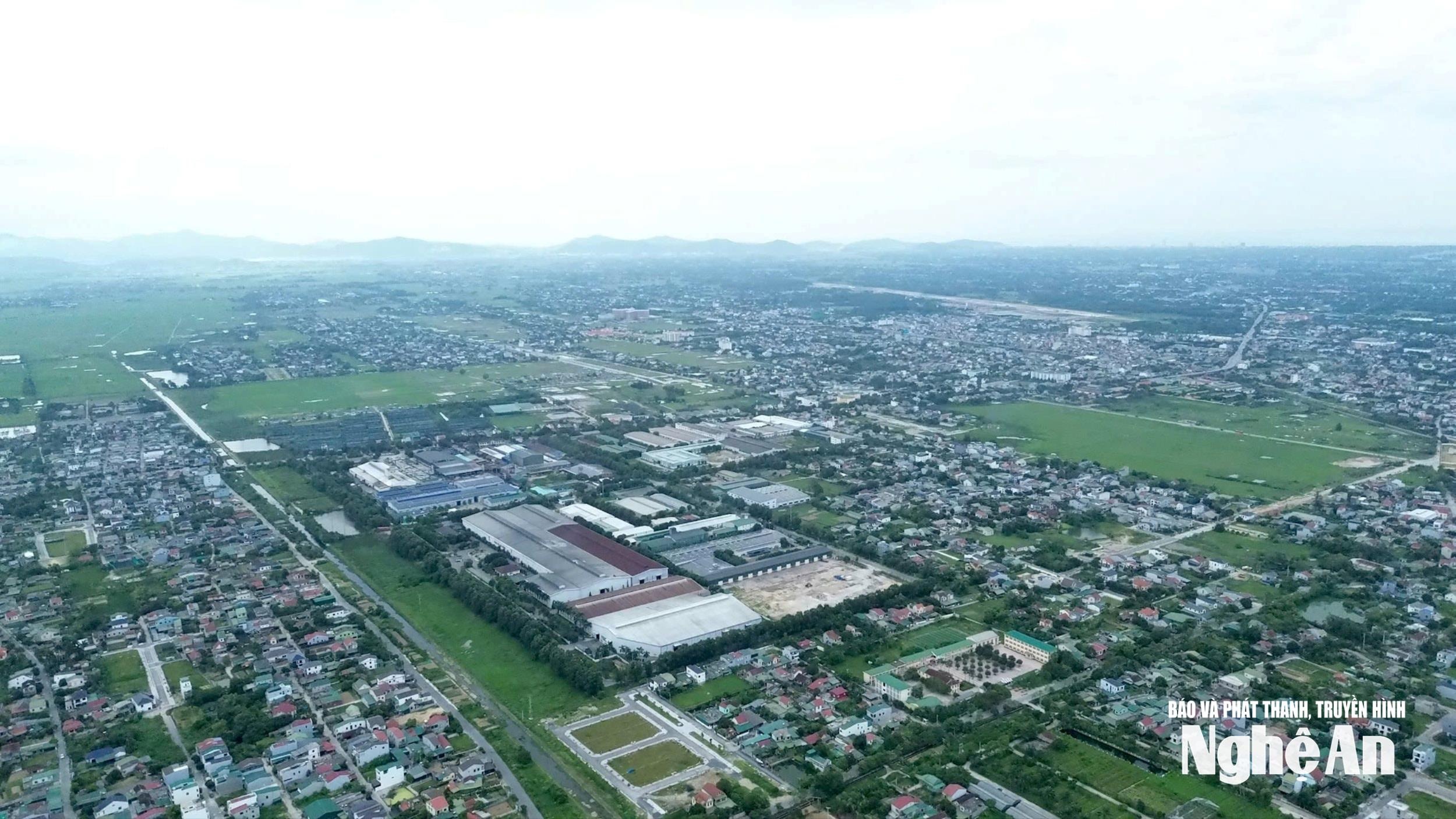
Second , businesses increase the application of technology, automation, investment in modern technology, automation of production and logistics processes to improve productivity and efficiency of space use.
Third , it is necessary to optimize the design of scientific production and business premises, making the most of available space. Apply lean production models, arrange machinery and equipment reasonably to minimize the used space and increase the circulation of goods.
Fourth , consider flexible space usage options such as sharing space, subleasing part of idle space, or cooperating with other businesses to share infrastructure.
Fifth , businesses need to set aside a portion of their profits to reinvest in technical infrastructure, upgrading technical infrastructure in factories and warehouses to meet modern production and business requirements.
Sixth , in the context of increasingly deep international integration, businesses need to proactively build plans, forecast strategies and prepare for the future. Closely monitor industry development trends, forecast future space needs to have timely preparation and adjustment plans.
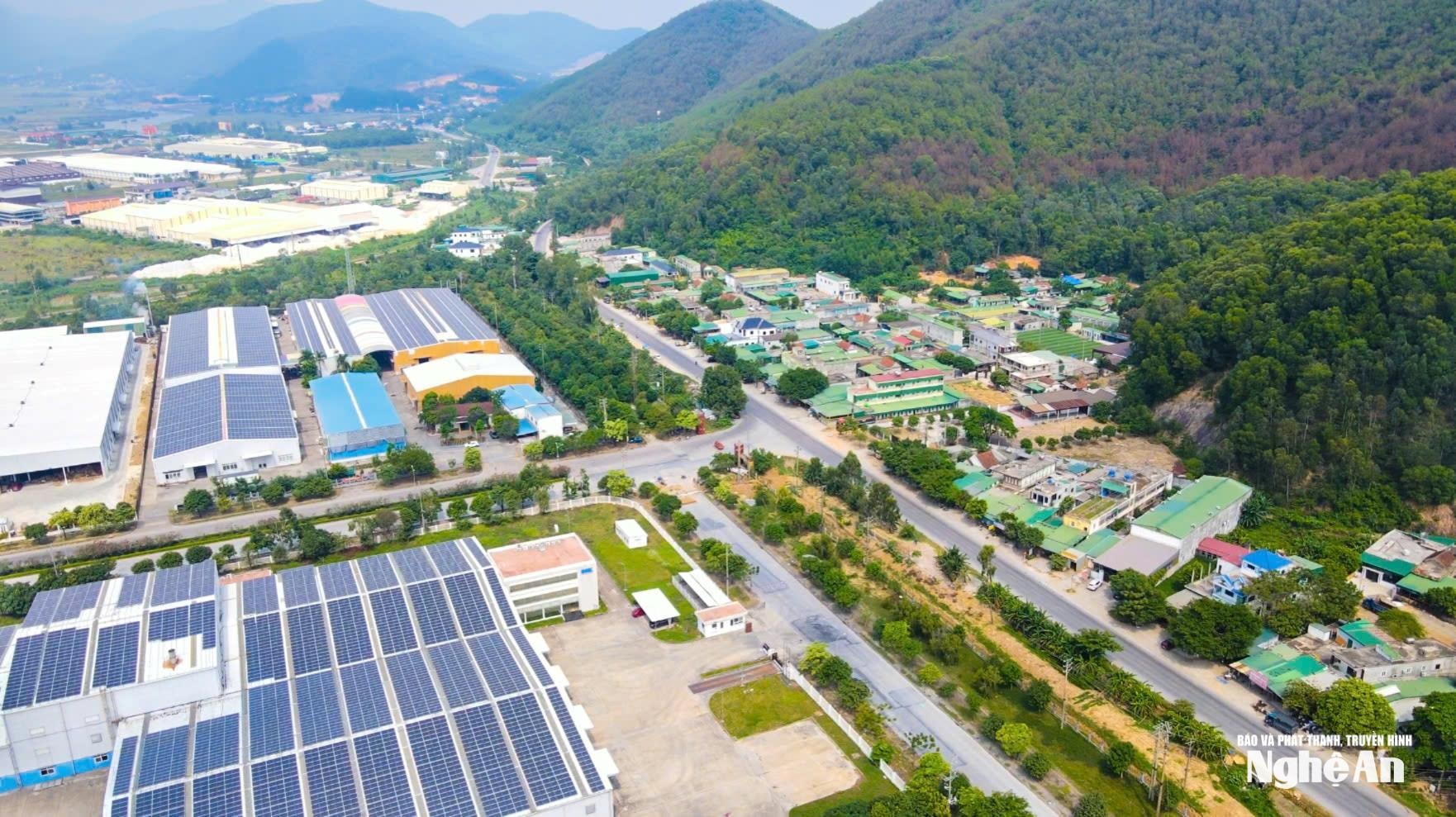
Seventh, in the 4.0 industrial revolution, digital transformation is a vital factor for businesses. Digital transformation not only helps optimize production and business processes but also helps businesses manage and use premises more effectively through technology applications such as IoT, Big Data, AI... Along with investing in new technology and tools, digital transformation is a comprehensive solution to change thinking, "revolutionizing" the entire business in operation and sustainable development.
By proactively implementing the above measures, businesses can optimize space utilization, reduce costs, improve competitiveness, and flexibly adapt to future market changes.
Reporter: Thank you very much grandfather !
Source: https://baonghean.vn/doanh-nghiep-can-lam-gi-de-toi-uu-hoa-mat-bang-san-xuat-kinh-doanh-10304919.html








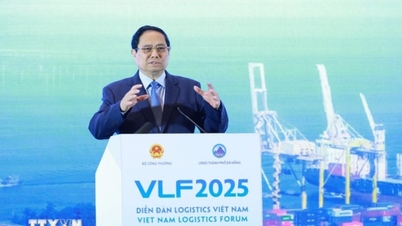

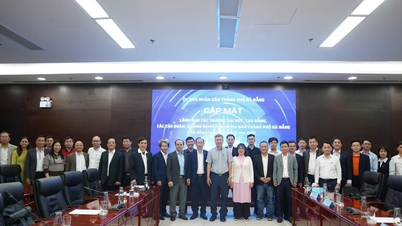

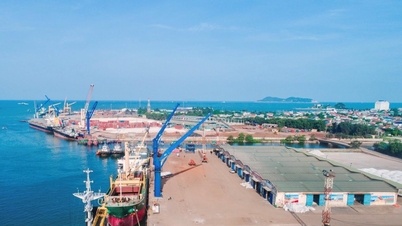




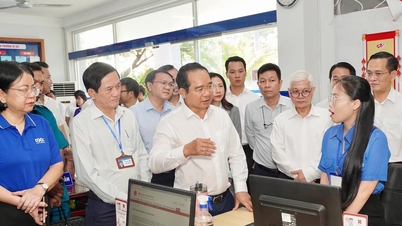




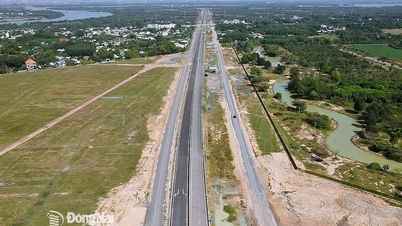




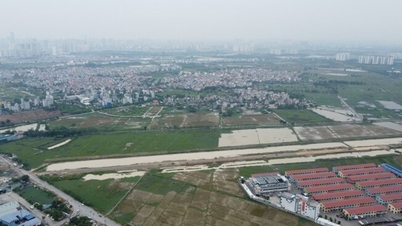






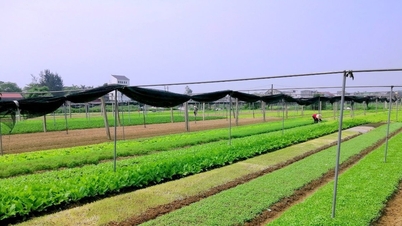
















































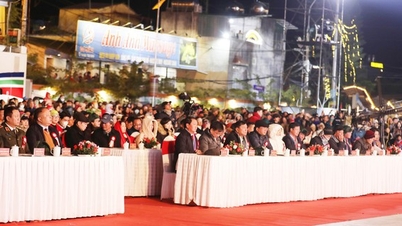
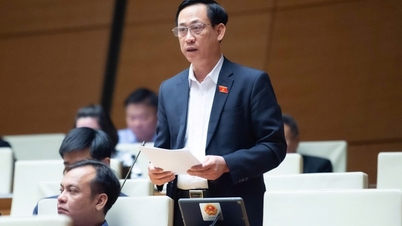


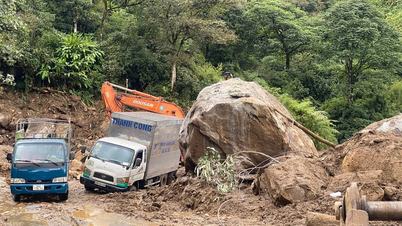

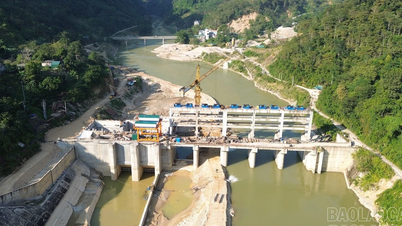



















Comment (0)